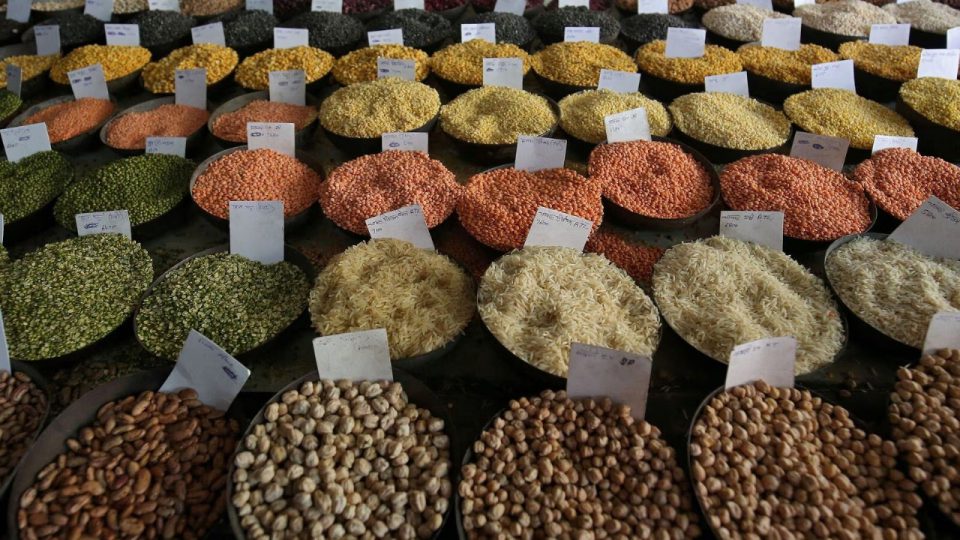In response to the ongoing challenge of soaring inflation, the Indian government has decided to extend the exemption granted to masur dal by an additional year, as announced by the Central Board of Indirect Taxes and Customs (CBIC) on December 22. This move, originally implemented in October 2021, was initially set to expire on March 31, 2024. However, the recent decision extends this exemption until March 31, 2025.
The backdrop of this decision is the concerning food inflation in India, which reached 8.7 percent in November, up from 6.61 percent in October. Notably, the inflation rate for pulses stood at 20 percent in November, according to data from the Statistics Ministry.
To address these challenges, the government has taken various measures, including the extension of the free grain distribution program, PM Garib Kalyan Anna Yojana, until 2028. This program provides 5 kg of grains monthly to impoverished households. Furthermore, administrative steps have been implemented to stabilize the prices of essential items such as sugar, rice, pulses, vegetables, and edible oils.
While masur dal has not experienced inflation, with retail costs declining by 1.4 percent year on year and 0.97 percent month on month, the government has justified the extension by stating that it aims to “bring down overall prices of pulses as the prices move in tandem for all of them together.” A senior government official emphasized the focus on reducing prices of all pulses, particularly tur, indicating that if the availability of other pulses increases, inflation in tur will likely decrease.
Tur prices had surged over the past year due to a domestic production shortfall. However, recent government interventions have started to show positive effects, with tur prices dropping to Rs 154 per kg on December 18 from Rs 156.5 a month earlier. Notably, the government exempted yellow peas (tur) from import duties until the end of the current financial year, removing minimum import prices and port restrictions to facilitate trade.
To counteract potential shortages caused by erratic weather, the government extended the duty-free import policy for tur and urad until March 31, 2024, in January. Additionally, on June 2, the government permitted traders to maintain limited stocks of tur and urad, releasing tur from national buffer stocks to curb price escalation.
In an effort to make pulses more accessible, the government launched chana dal under the packaging of ‘Bharat Dal’ at subsidized prices of Rs 60 per kg nationwide. This initiative aims to provide an affordable alternative for those who cannot afford more expensive arhar or tur dal.
As the government continues to navigate the challenges posed by inflation, these strategic measures underscore its commitment to stabilizing essential commodity prices and ensuring food security for vulnerable populations.

